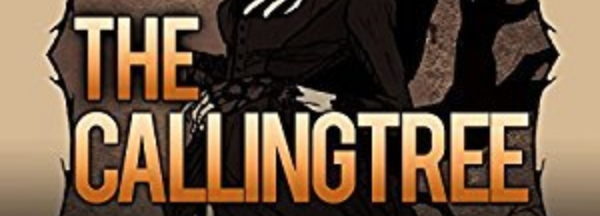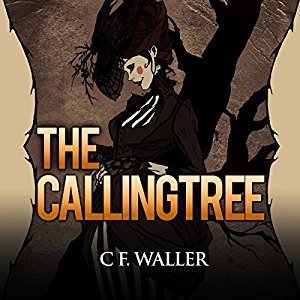 I received an Audible code from the narrator, David Loving, for a copy of Choices, by M. A. Brotherton. Or at least I think I did. In reviewing the email, I see that this is definitely the link I was provided, but the listed title (in the email) was Melt Zone. So, there’s a distinct possibility I’ve just listened to the wrong book.
I received an Audible code from the narrator, David Loving, for a copy of Choices, by M. A. Brotherton. Or at least I think I did. In reviewing the email, I see that this is definitely the link I was provided, but the listed title (in the email) was Melt Zone. So, there’s a distinct possibility I’ve just listened to the wrong book.
Description from Goodreads:
Three years have passed since the war between the Six Orders, the ancient societies governing magic and nineteen-year-old Terry Howard, Acolyte of the Midnight Order is just trying to live a life as close to normal as possible. With the support of the few people in the world he hasn’t alienated, that almost seems possible.
But when his ex, Carrie, asks him to look into a magic related suicide and his mentor, Stanley, announces his retirement, Terry is forced deal with his emotional baggage before everything he’s managed to build gets torn away.
Review:
I have to be honest, this was not a big winner for me. Mostly because I so often didn’t know what was going on. There was a huge cast of characters who were never fully introduced, let alone fleshed out. Terry seemed to develop skills and knowledge as needed in a very hand wavey kind of way. And though there was plenty of action, there was 100% no emotion. This in a character who was supposed to be suffering PTSD and encountering frightening experiences. It all felt very flat.
What’s more, I couldn’t really see Terry as 19 and, while he’s supposed to be super trained or something, how his friends had their power/skill or how they all met was not addressed. This is marked book one, but maybe there is a prequel out there or something? For sure, something is missing in this book, something important.
Lastly, I was not impressed with Loving’s narration. It was too fast. This didn’t bother me at first or when I listened to the sample, but it sure did as the book went on (and it sounded funny if I listened at .75x) and I just don’t think he did a very good job at sounding natural.
I did very much appreciate the diverse cast and mechanically the writing was pretty good. Others may very well love this. I didn’t. I saw how it could have been pretty good, but don’t think it quite managed it.

 I received an Audible code through
I received an Audible code through 
 I received an Audible copy of
I received an Audible copy of